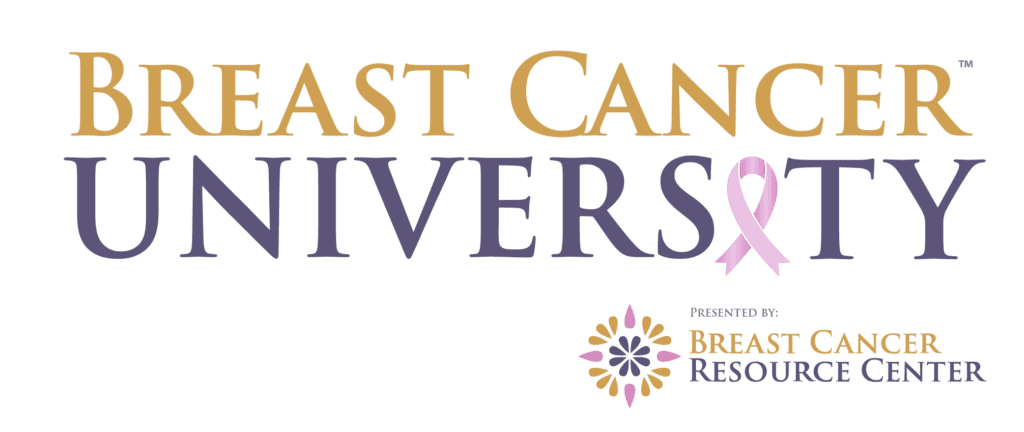This October, the Breast Cancer Resource Center has once again paired up with KEYE-TV and Randalls for National Breast Cancer Awareness Month. Our aim is to shine light on some of the marginalized aspects of breast cancer – be it the struggles of life after treatment, what it means to live with Stage IV breast cancer, and the new frontier of breast cancer research and treatment options. Our stories will be released via our blog every Tuesday and Thursday in October, and will air subsequently on KEYE-TV at 6am and 6:15pm on Tuesdays, and on their partner station, Telemundo, at 5pm on Thursdays. Help us educate this month by sharing our stories with your friends and family. If one of our stories made an impact on you or someone you know, we want to know! Contact us at ma**@**rc.org!
BCRC is committed to providing the latest information on technology advancements in the field of breast cancer diagnosis and treatment. Below is a short interview with Dr. Nancy Marquez detailing the benefits of the MarginProbe system, a new diagnostic medical device recently approved for use by the FDA
![dr-marquez[1]](https://bcrc.org/wp-content/uploads/2015/10/dr-marquez1.jpg)
Q1. What is a “clear margin” and what is the current surgical procedure for obtaining one?
A1.Two common surgical procedures associated with breast cancer treatment are lumpectomy and partial mastectomy – both of which involve removing a tumor from the surrounding breast tissue. During these procedures, surgeons currently use ultrasound or place wires into the breast to isolate the tumor.
To ensure they have removed all of the diseased tissue, surgeons take a small rim of additional tissue, which is called a “margin”. This is then sent to a pathologist to determine whether the margin is “clear” of disease. Regrettably this analysis can take up to five days to complete, and worse, if the pathologist determines the margin is “not clear”, then the patient is required to have a second operation to remove more tissue.
Q2. What is MarginProbe? Why is it important?
A2. MarginProbe uses “radio frequency spectroscopy”. This new technology represents the most accurate and efficient method of evaluation to date. Doctors can now assess the margins of a specimen in the operating room during surgery. Rather than waiting five days for a pathology report, MarginProbe can detect cancer cells up to one millimeter in depth and deliver results in less than ten minutes.
Q3. What are the advantages of MarginProbe for women having surgery?
A3. Being able to assess the margin during the initial surgery can potentially reduce the amount of tissue removed. More importantly, determining whether a clear margin has been achieved – at the time of surgery – can reduce the need for a second operation by more than 50%.
Q4. Are there any limitations to the use of the MarginProbe?
A4. MarginProbe may be less accurate in patients with dense breasts or those who have had chemotherapy before their surgery.
Q5. I understand there is only one place in Central Texas with this technology. Do you think it will become more widely used?
A5. Oakwood Surgery Center in Round Rock, Texas is currently the only facility in Central Texas using MarginProbe. As insurance approval expands and patients express a demand for the technology, I expect it to eventually become more widely adopted. If you think you might be a candidate for MarginProbe, speak with your surgeon to determine if this technology is right for you.
Nancy Marquez, M.D., board-certified general surgeon with Capital Surgeons Group, employs the latest technology in the surgical management of breast diseases including MarginProbe, stereotactic breast biopsy, sentinel node biopsy techniques, in-office cryoablation for breast fibroadenomas, and nipple-sparing mastectomies. She sits on the Board of Directors for BCRC and currently serves as Chair of BCRC’s Medical Advisory Committee.
Dr. Marquez is an avid supporter of BCRC because BCRC plays an important role in the health care of her patients. She says, “Since I began my practice in 1994, BCRC has been part of our community. These amazing women have provided emotional and educational support to many of my patients – women who are often overwhelmed upon initially learning they have breast cancer. Since the BCRC Navigators are themselves breast cancer survivors, they are able to provide a unique perspective quite different from my own.”
